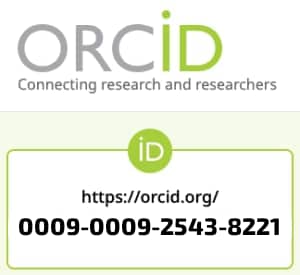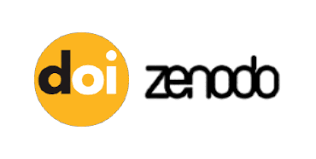Software Quality Measurement: User-based assessment
DOI:
https://doi.org/10.5281/zenodo.16790700الكلمات المفتاحية:
Software quality measurement، User satisfaction Quality-in-use، Software quality models، Quality measurement frameworksالملخص
This paper examines the critical role of user-based assessment in software quality measurement, addressing the persistent challenge of aligning technical quality metrics with actual user satisfaction. Despite significant advances in software engineering practices, approximately 40-50% of development effort is still spent on avoidable rework, and only about one-third of software projects meet user expectations while staying within budget and schedule constraints. The research analysis how traditional quality measurement approaches often fail to capture the subjective dimensions of user experience that increasingly determine market success. Through a comprehensive review of contemporary literature (2019-2023), the paper identify the methodological limitations in current user satisfaction measurement instruments and propose a framework that integrates both objective quality attributes and subjective user perceptions. The research highlights the evolution from product-centric to user-centric quality models, examining how factors such as contextual use environments, user diversity, and evolving expectations complicate quality assessment. Our findings suggest that effective software quality measurement requires a dual approach: rigorous technical assessment combined with sophisticated user experience evaluation methodologies. This integrated approach offers organizations a more holistic quality perspective that better predicts market success and user adoption in today's experience-driven software ecosystem.
التنزيلات
التنزيلات
منشور
كيفية الاقتباس
إصدار
القسم
الرخصة
الحقوق الفكرية (c) 2025 Arraid Journal of Science and Technology (AJST)

هذا العمل مرخص بموجب Creative Commons Attribution 4.0 International License.










